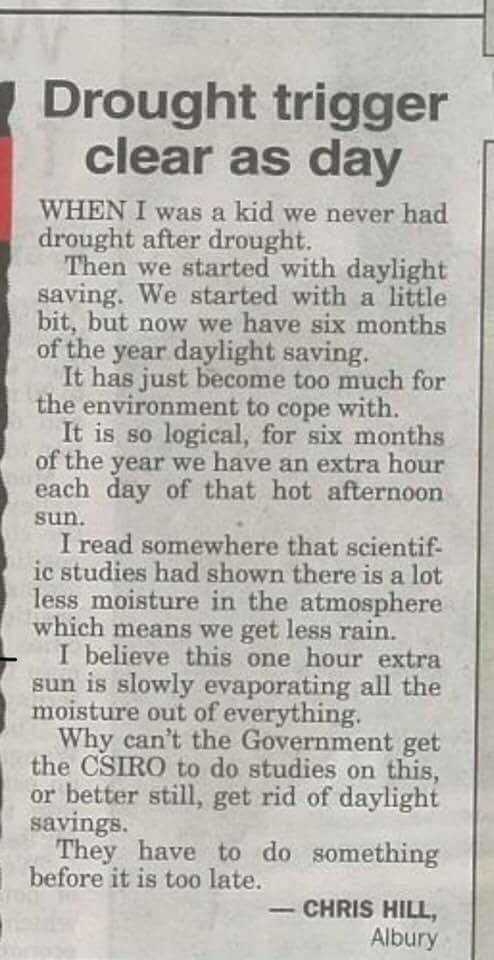I had this terrible debate with Jerry Bergman years ago, and a video was hosted on YouTube by someone else (thank you very much!), and I just put a copy on my own channel. Here it is. You may have already seen it, and I summarized it long ago. This is the debate where Bergman announced that carbon was irreducibly complex, and therefore proved that the universe was designed, and that atheists have been protesting and getting removed from schools the periodic table of the elements, a persecution that he documented in his rambling, awful book, The Slaughter of the Dissidents.
Also, by the way, lots of credit to Mark Borrello, the moderator of the debate, who I thought did an exemplary job of giving both sides fair and equal time.
But this debate was also critical in defining my antipathy to debate, and it’s in those words, “both sides”. There are not two sides here. They are not equal. There is a reasonable, evidence-based side (in this case, mine) and there is a whining man-child side where “facts” can be made up as you go, and debate is a scheme designed to elevate nonsense to the same level as science. This is not sour grapes; I think, by any estimation, I “won” this debate to the point where creationists in the audience came up to me afterwards to admit it, although usually with the excuse that Bergman was bad and a smarter Christian debater would have clobbered me. I also don’t think it was my talent that won out, though — I don’t think I’m a particularly good debater — but just that even in a format contrived to give the weakest arguments every benefit, science is hard to overcome.



